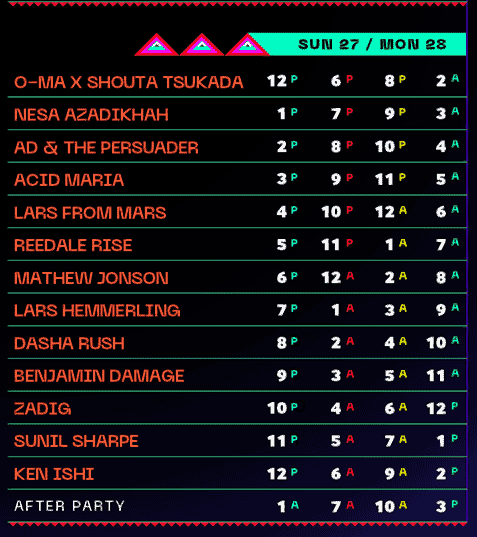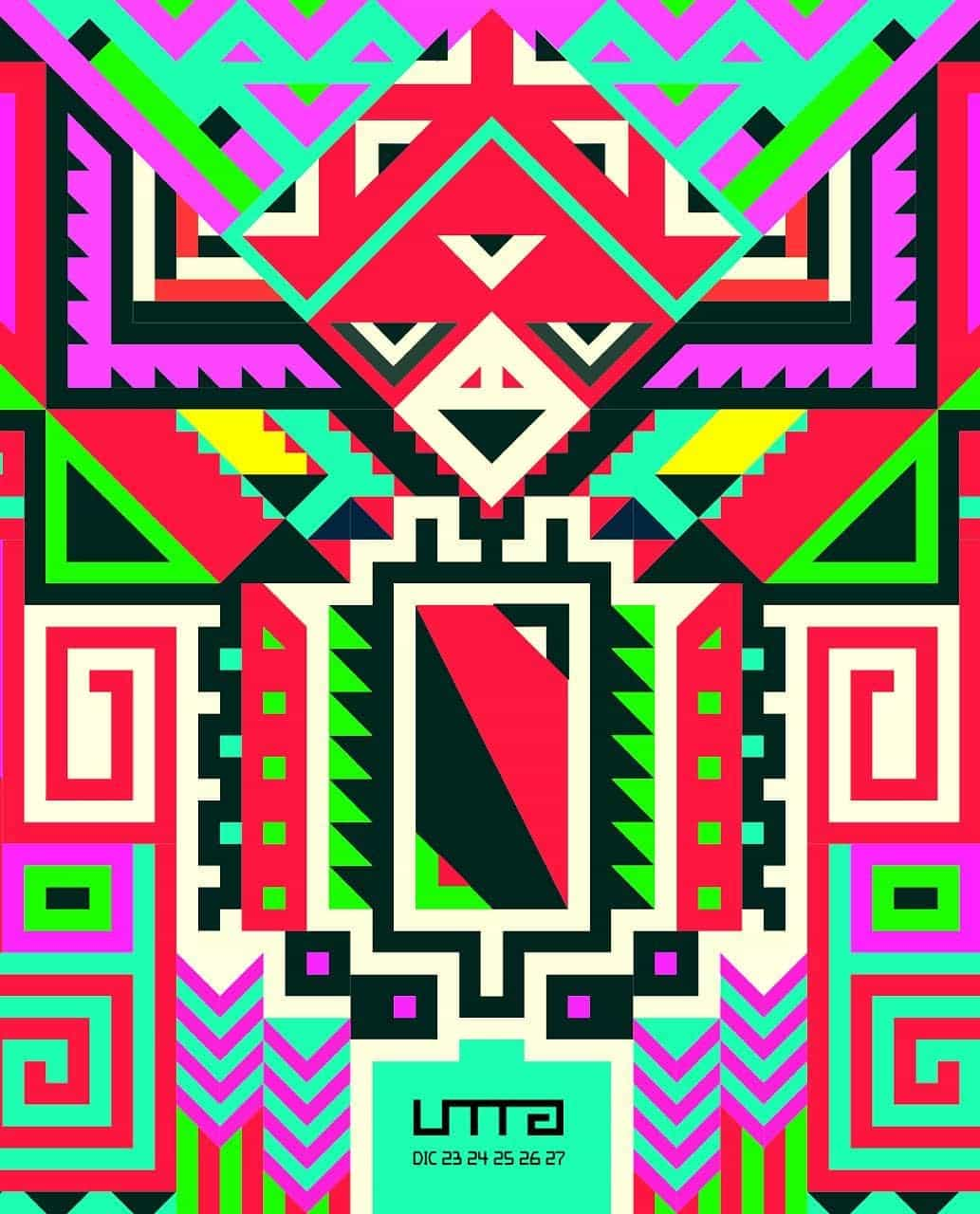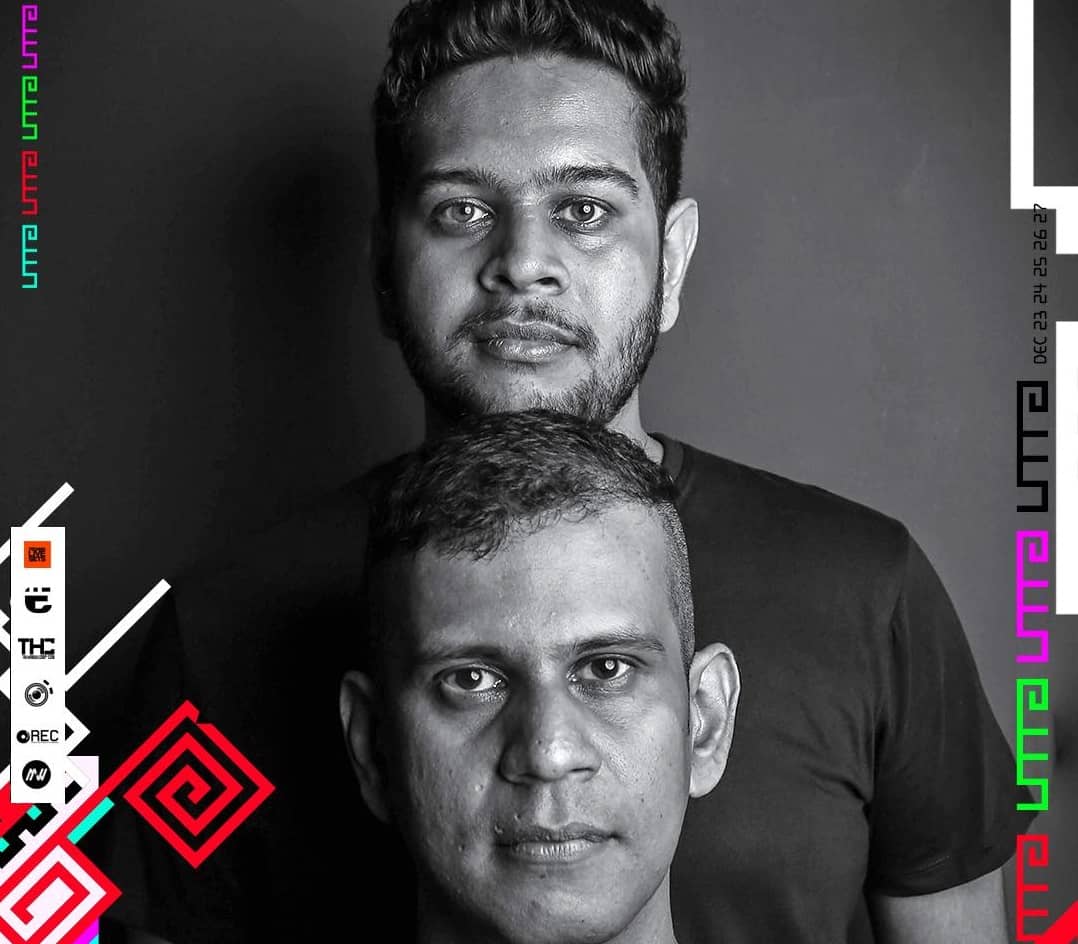There is a huge underground scene in Iran, where dance , women singing and even showing your skin is prohibited, still music find its ways and Nesa Azadikhak is one of the leaders of the movement. Lets get inside !
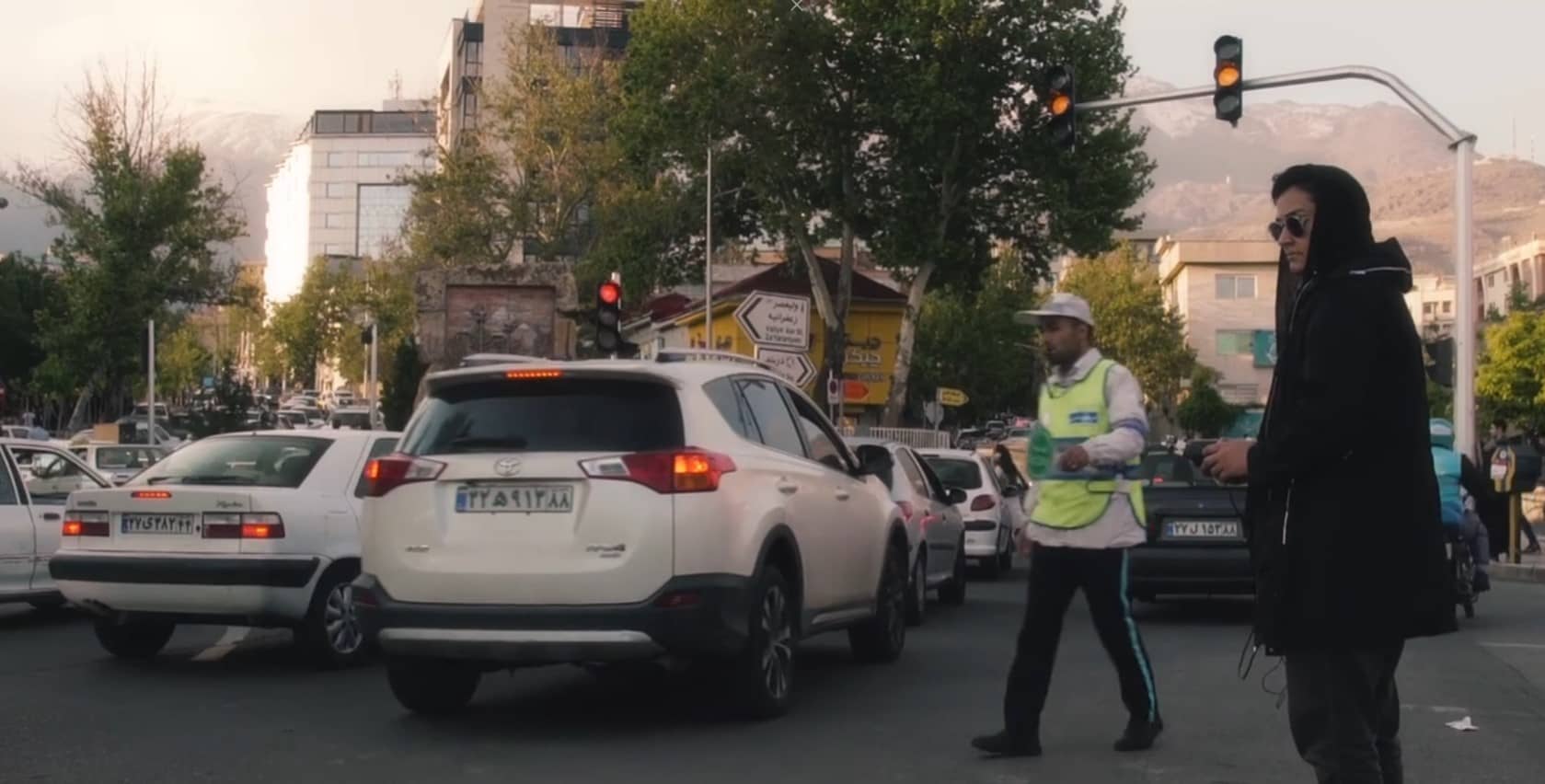
It’s a pleasure having a contact with the same energy for the electronic music in places that have so much to explore and we don’t know anything about it !
Can you tell us how you switch from your mathematics and physics career and why you decided music was your life and how you take the desertion to go on?
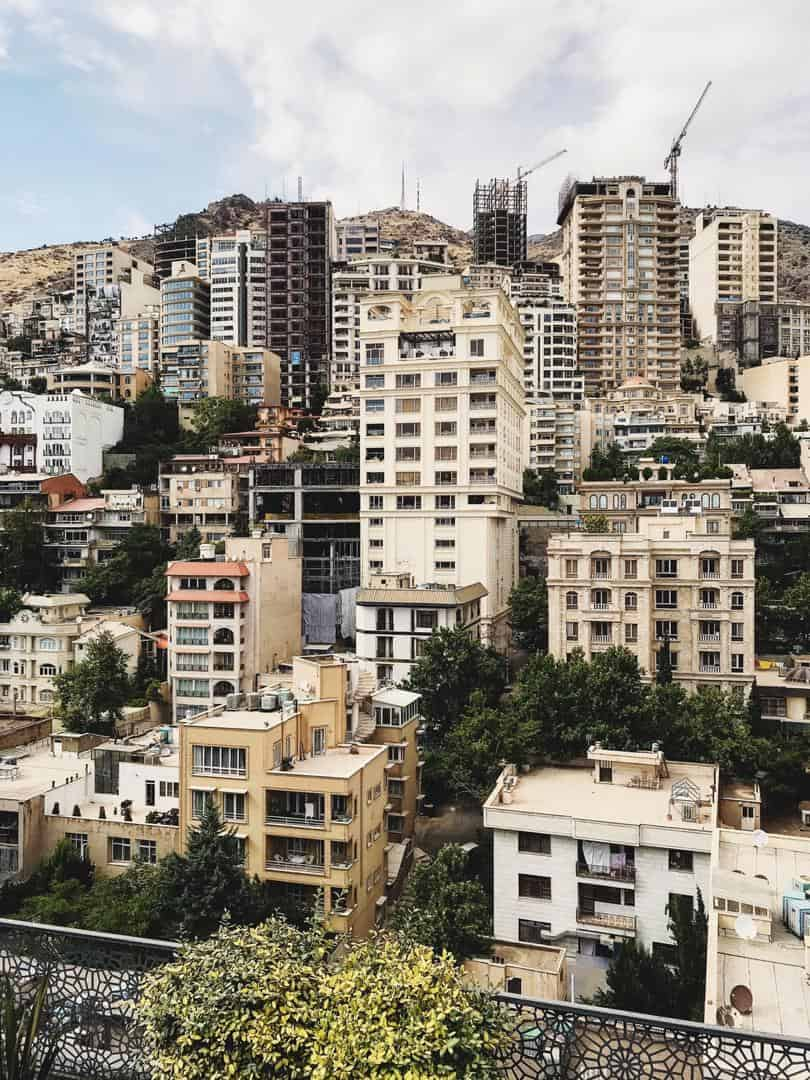
Music has always been with me from childhood , which as I remember I was always learning some instruments and playing one and working with different softwares of music .
Music has been a part of my life and never aside and seperate.
the field I studied was unrelated to music and my passion , music was always aside from what I studied !

How difficult is to make a scene in Iran ? We have heard things but , we are going to talk as we don’t know anything so people get awareness … if you want to party ( not in pandemic time ) what it’s the most common space where the music finds its way to make people dance ?
As you know there is no nightlife or clubs and bars in Iran .
so if there is going to be any place for people to party it will be happening very underground in the private houses or villas outside of the city ,
there is some legal events of music with visuals on the background which is held in art galleries which there is no problem and there is a limit of 200 to 300 people who can join and watch but they are not allowed to dance !
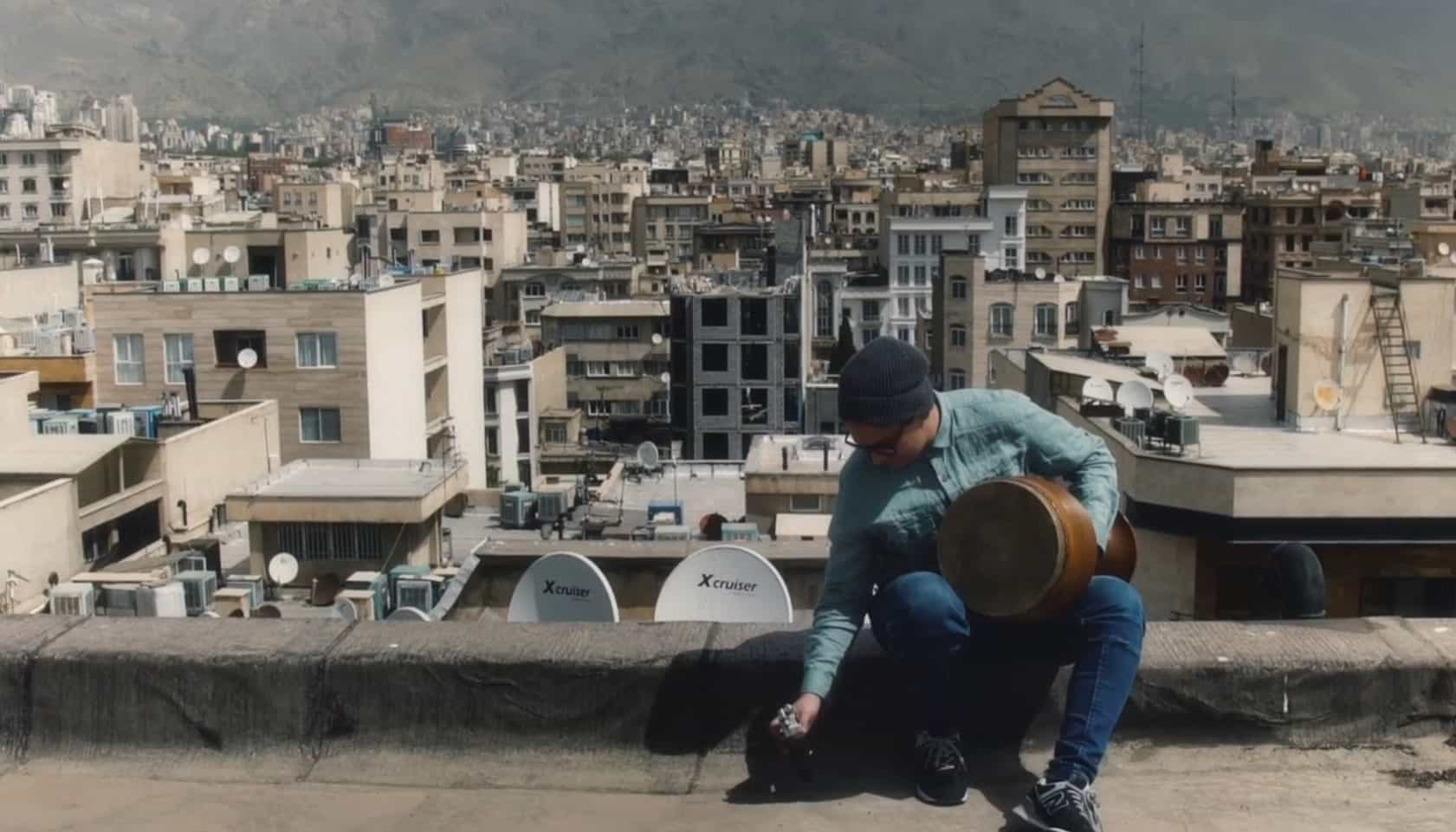
Is possible to throw a clandestine party without permissions and got cancelled and like everywhere else in the world everyone go home ? What happens if this case happens in Tehran ?
All the parties anyways will be underground and if there will be any problem of sound or anything just like everywhere else around the world , or if a police comes , party will be cancelled and people should leave the party and ho back to their home and at some cases you have to pay a penalty to the police .
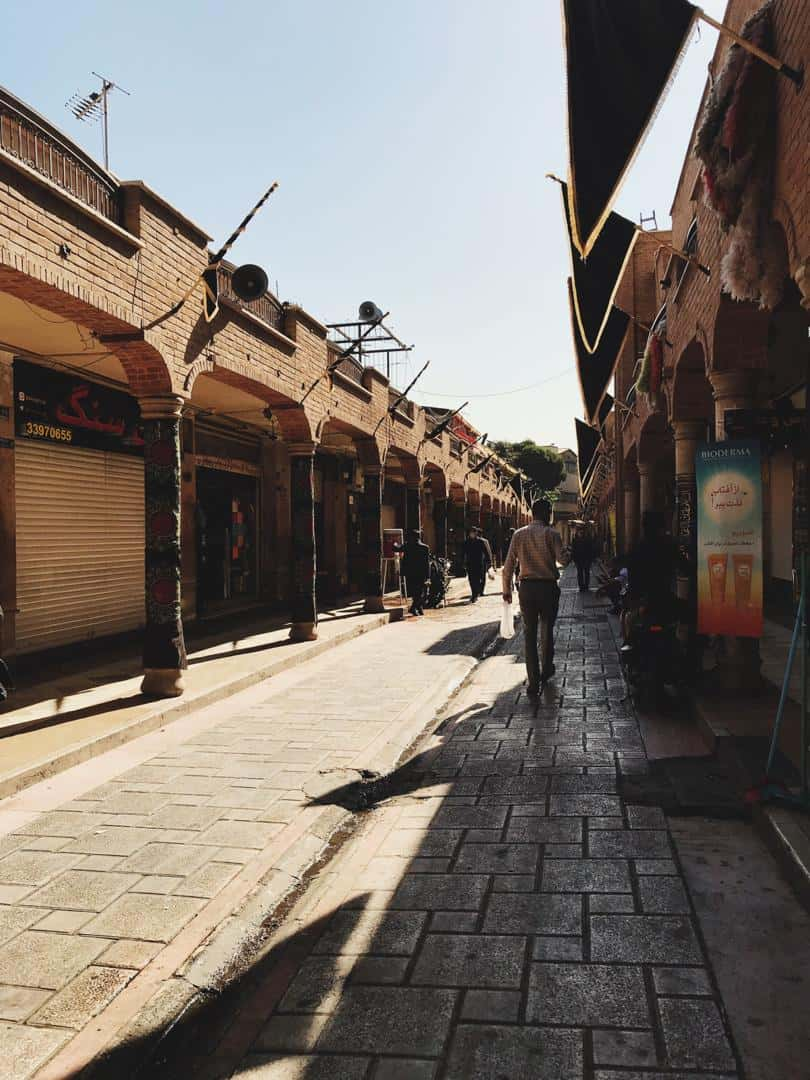
The authorities still check all the music before getting played ? What it’s their criteria to allow or denied ? Religion ? Tell us a bit, Here in Colombia we have similar methodology in the official events but that’s impossible to meter as every artist has its own improvisated selection , and when is Live well , it’s simply not the case , but they still pressure to charge taxes of music they don’t even have the rights of…
The music before playing in legal places will be checked with authorities before the event Yes , and if it will be agreed with the islamic and government laws it will be accepted and if not it will be impossible to be presented .
well in the legal events mostly the genre of ambient music and some noise and abstract sounds will be played
Dance music is not allowed in this events .
We have talked about the use of Middle East instruments into electronic music, how this is saw locally , is cool to have folk inspirations or people prefer international formulas ? What you think ?
It Depends , there is so many variety of artist who work in electronic music in Iran who produce their sounds through different sounds and genres , and there is lots of people with a different taste of music listening to electronic music so you cannot say for absolute if they prefer international or folk music mixed with electronics music . different people with different personalities and different tastes listen to all and different genres of music .
We have two different very famous instruments
Percussion ( koobeyi ) and string instruments ( zehi )
Which the instruments that I play myself ( Tombak and Daf ) will be under the category of percussions which are two of the old traditional instruments of Iran.
And there is lots of genres of music we have in iran such as traditional or folk music which is very famous in Iran which is called ( Sonnati )
Which in any city will be different and specific to their own , for example in the south of country , the folk music is for south and will be called south folk music ( jonoobi ) and all other kinds of genres such as classic and symphony and pop and so on.
But definitely there is lots of people who enjoy a lot the sound of folk and middle east to be mixed with electronic music , but thats not particular to all .
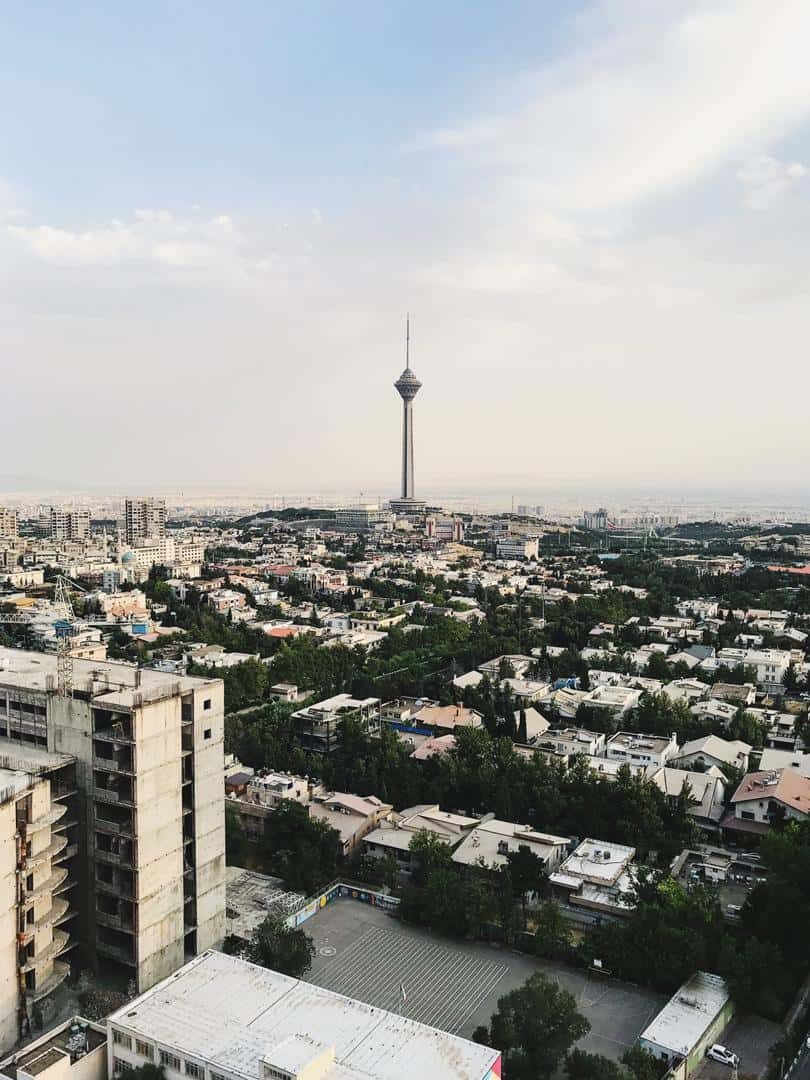
How you think the Iran identity is getting designed into the sound architecture to find the a Iranian sound ? We have seen a good amount of abstract and experimental pioneers there , you think dance floor music is a more recent development ?
The sound of Iran can be inspired from all the sounds which is happening around the country or cities such as the sound of cars , noises , people . different cities use different type of instruments which affect the sound or Iran , people in different cities talk in a different accent in the north of the country , the sound of jungles and beaches and seas . In the south the sound of the ports , all of this can be the presentation of the sound of Iran .
Dance floor music has always been developing in Iran and its not a recent thing .
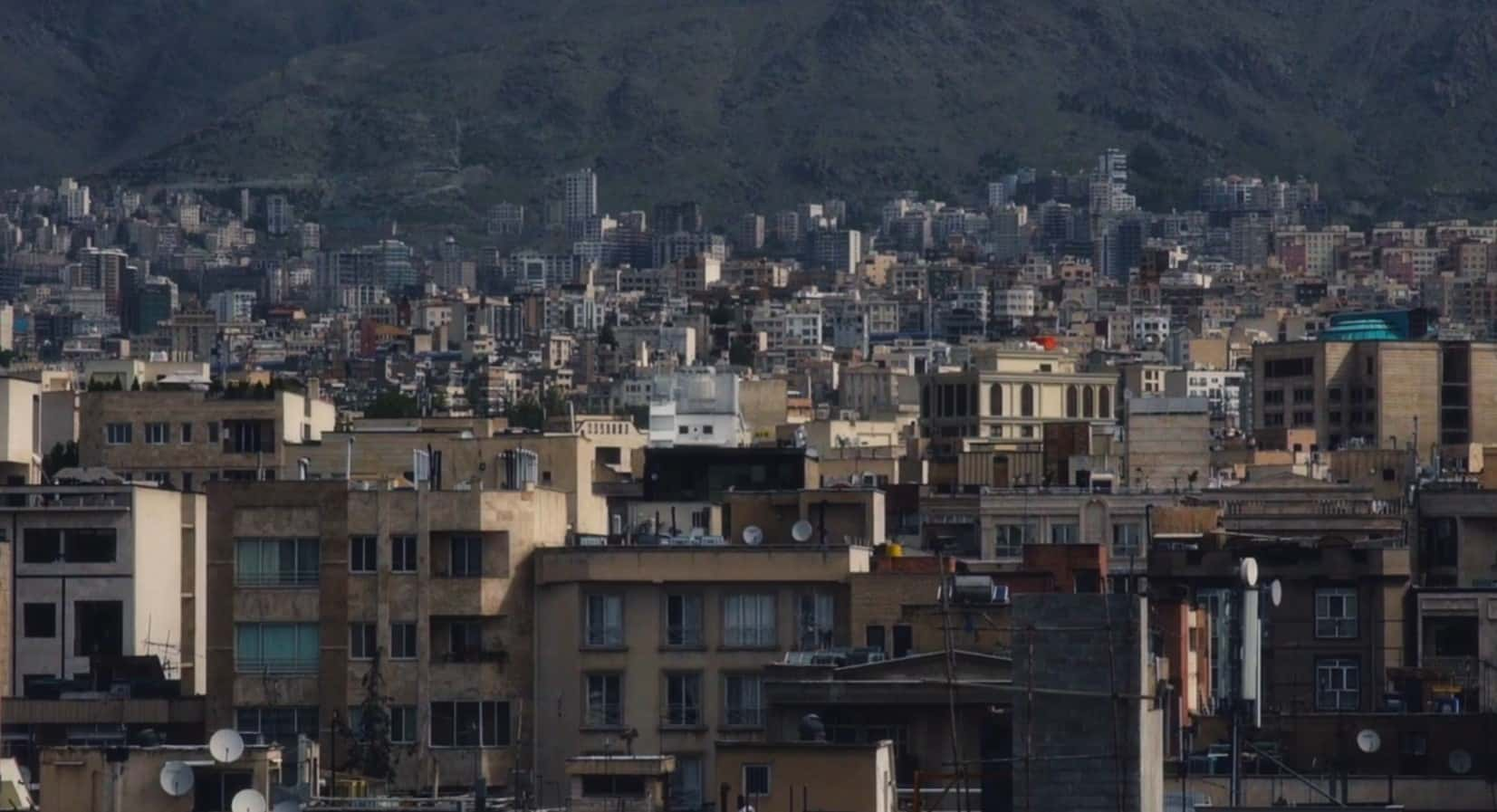
What we can spect in your set at UTTA describe yourself trough your sound in a few words
I can say that I call myself as a multigenre person , I listen to so many different variety of music , I play different genres and I produce different type of genres of music so its not specified to only one thing !
Music : Love
God : ME :D
Law : Limitations
Science : Complications
Strings : ( its a very general word )
macrocosm : Game
Microcosm : Test
Earth : Playground
Soul : Beauty
Human : Player
Good Music : Sound of my Life
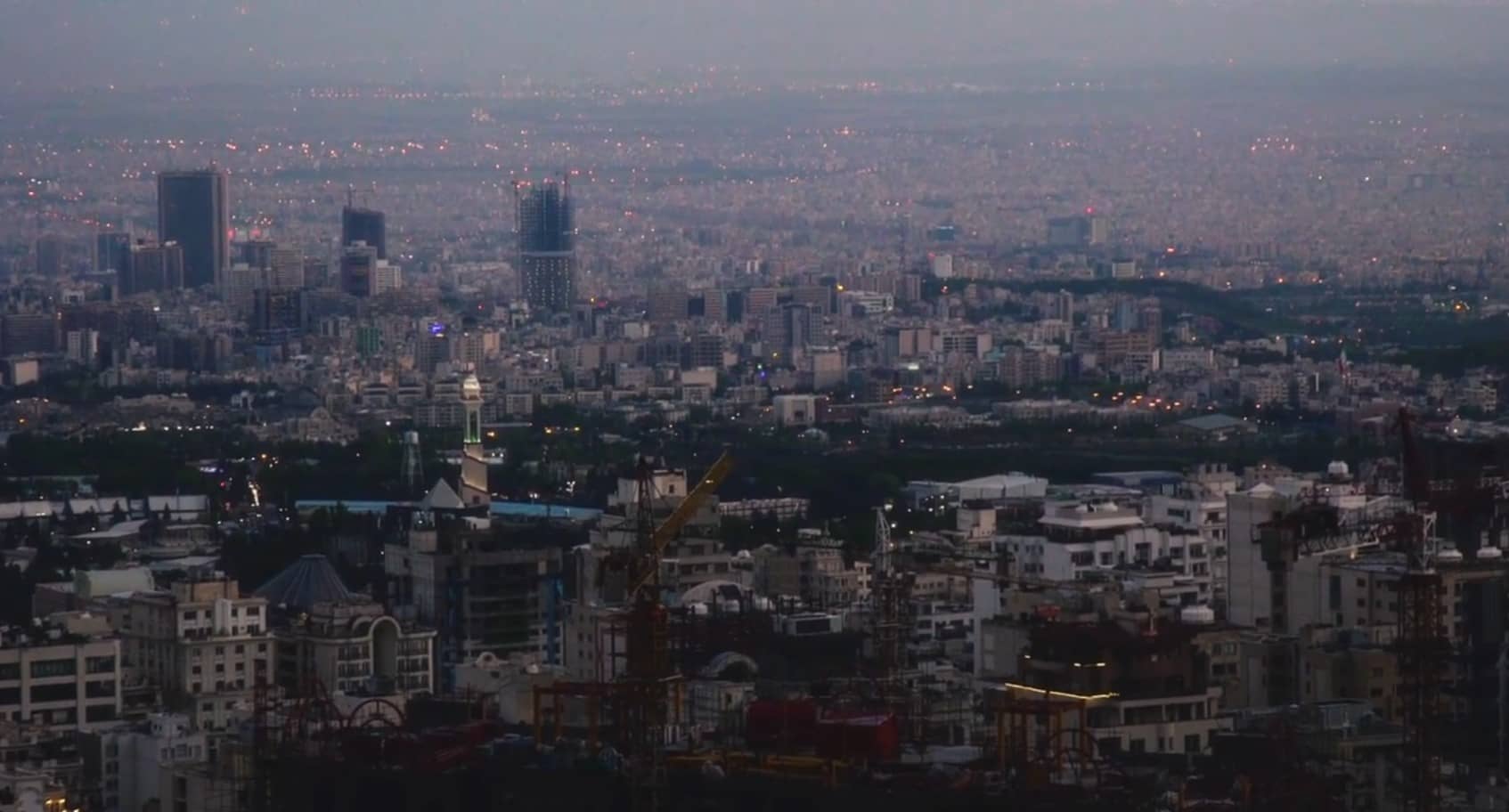
Find Nesa at UTTA this week along with a real crew of Iran and world artists !
